Infrastructures of care
Most of these projects that are heavy, expensive and ecologically damaging. But in the absence of practical alternatives, simply saying "Stop!" is hopeless advice for the millions of people whose livelihoods depend on hard infra, now. Alternatives to concrete - infrastructures of care - are proliferating, and design can play a key role in moving these alternatives into the mainstream.
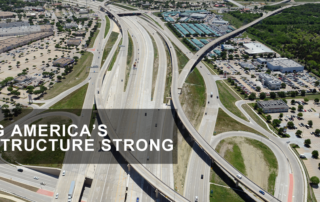
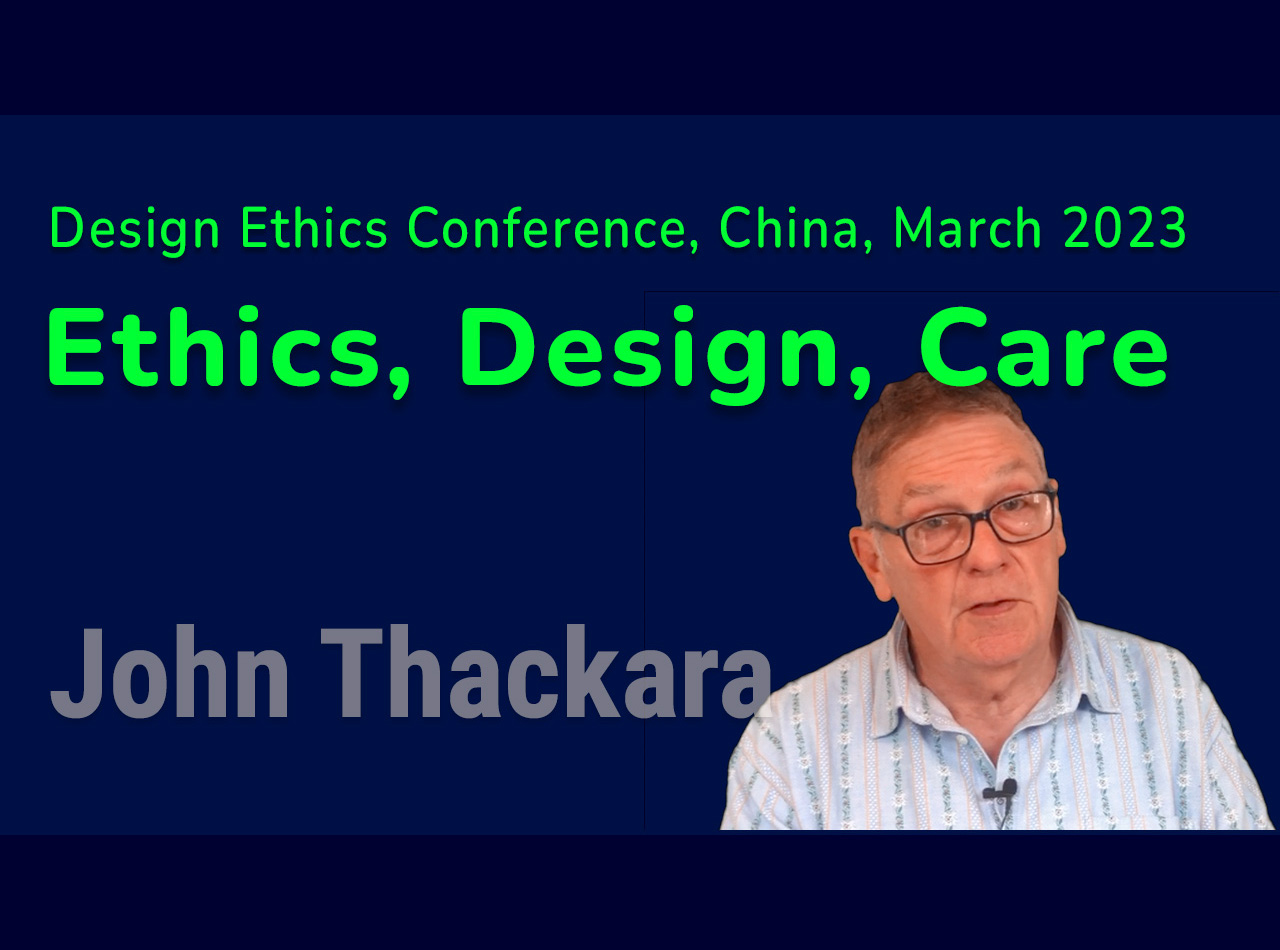
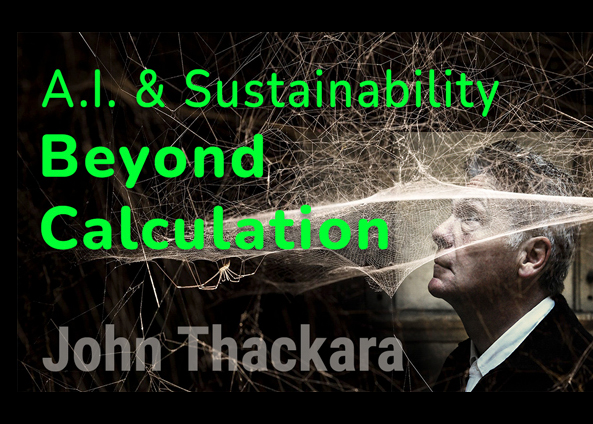


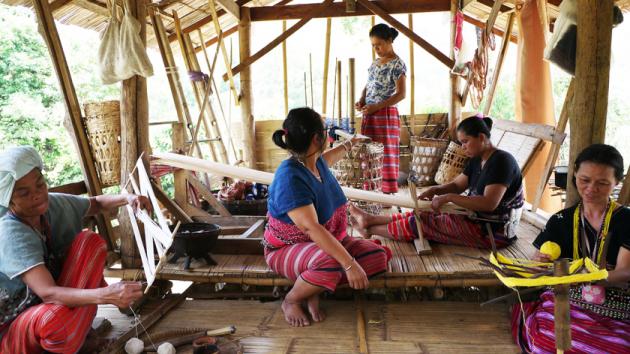
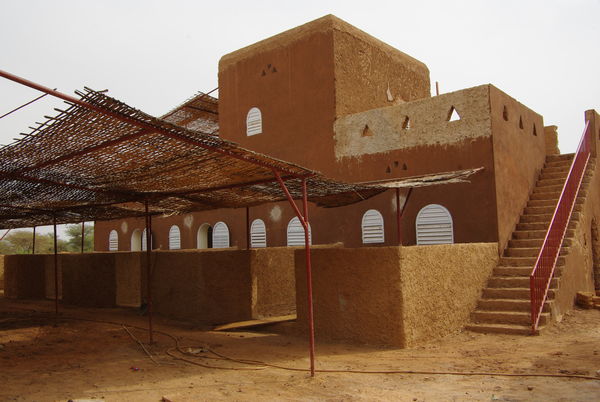



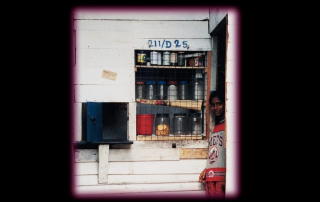


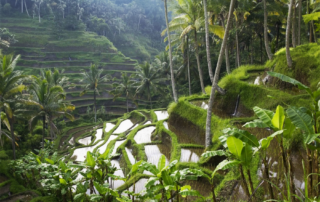
















 Which box does one belong in during these curious times? Jan Jaap Spreij sent me links to
Which box does one belong in during these curious times? Jan Jaap Spreij sent me links to